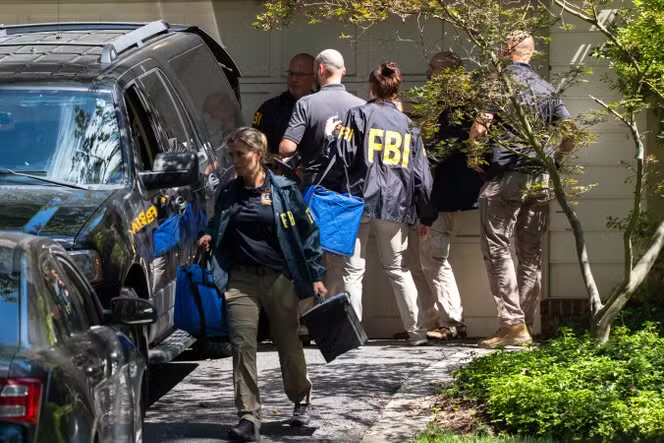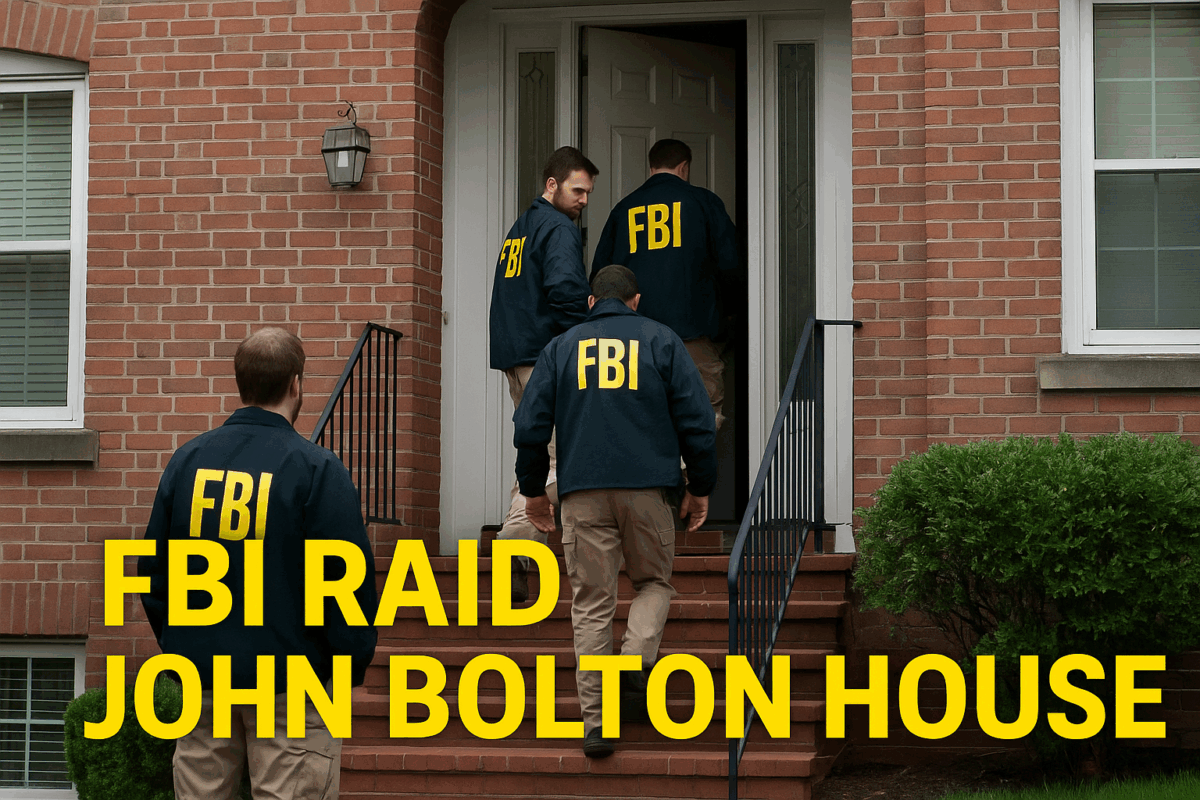The FBI raid on John Bolton’s house and office has become one of the most significant political stories in the United States this week. John Bolton, who once served as National Security Advisor under former President Donald Trump, has been a controversial figure in American politics. The raid, carried out at Bolton’s residence in Maryland and his office in Washington, D.C., raises questions about national security, classified documents, and the future of U.S. political accountability.
Background on John Bolton
John Bolton is known for his hawkish foreign policy views and his outspoken criticism of both political allies and opponents. After leaving the Trump administration, Bolton wrote a book that was highly critical of Trump’s leadership style and foreign policy decisions. Over the years, he has positioned himself as a conservative voice, but also as an independent thinker who often clashes with party lines. The FBI’s decision to conduct a raid suggests there may be a serious investigation connected to sensitive information.
Details of the FBI Raid
According to reports, the FBI agents searched Bolton’s properties as part of an investigation involving classified documents and possible leaks of sensitive government material. While officials have not disclosed the full scope of the investigation, insiders suggest that it may be tied to documents that were improperly handled or distributed. The search included both physical files and digital records, highlighting the seriousness of the probe.
Bolton himself has not been charged, and his legal team has stated that he is cooperating fully with authorities. Still, the raid marks a rare and dramatic step against a former senior U.S. official.

Trump’s Reaction and Political Implications
Former President Donald Trump quickly responded, denying that he had any prior knowledge of the FBI’s actions. Trump also labeled Bolton as “unpatriotic,” pointing to their strained relationship since Bolton’s departure from the White House. Political analysts suggest that this raid could deepen divisions within the Republican Party, as some see it as a necessary step for accountability while others argue it could be politically motivated.
Vice President JD Vance defended the investigation, insisting it was not a partisan move. This reflects the broader debate in Washington about whether legal actions against former officials undermine democracy or strengthen it.
Impact on U.S. Politics
The FBI raid on John Bolton’s home and office may have long-term implications for transparency and trust in government. It signals that no one, not even top national security officials, is above the law. At the same time, it risks fueling further polarization in the U.S., as Trump loyalists claim political persecution while critics call for more oversight of government officials.
Internationally, this story also sends a message about how the United States handles sensitive information and national security breaches. Allies and adversaries alike will be watching closely to see whether accountability is enforced at the highest levels.
The FBI raid on John Bolton’s house and office is more than just a legal story—it is a test of political accountability in America. As the investigation unfolds, the U.S. public and the world will be paying close attention. Whether it leads to charges or not, the case highlights the tension between politics, security, and justice in the United States today


